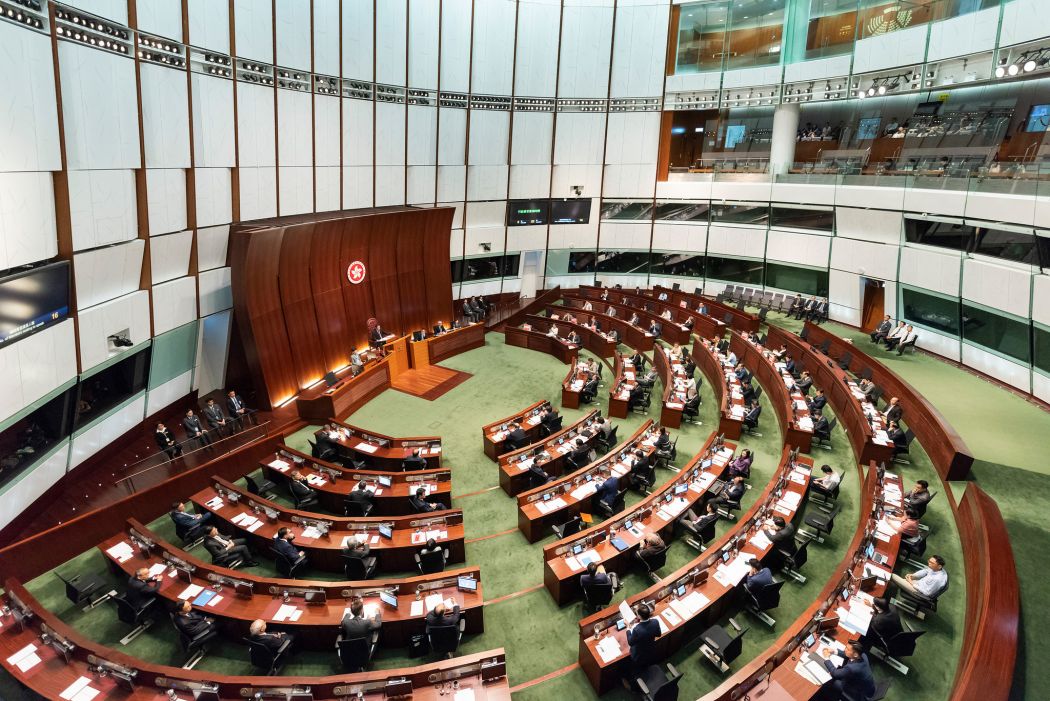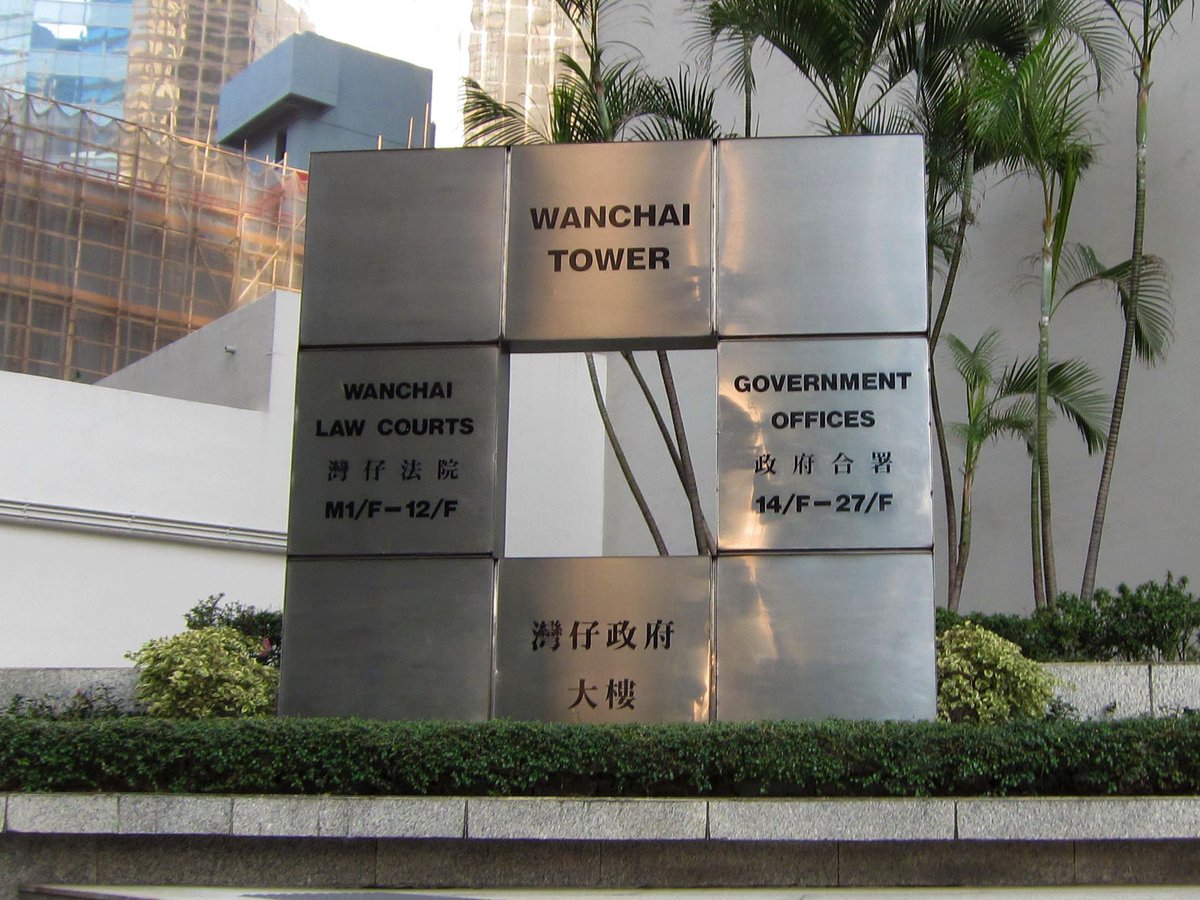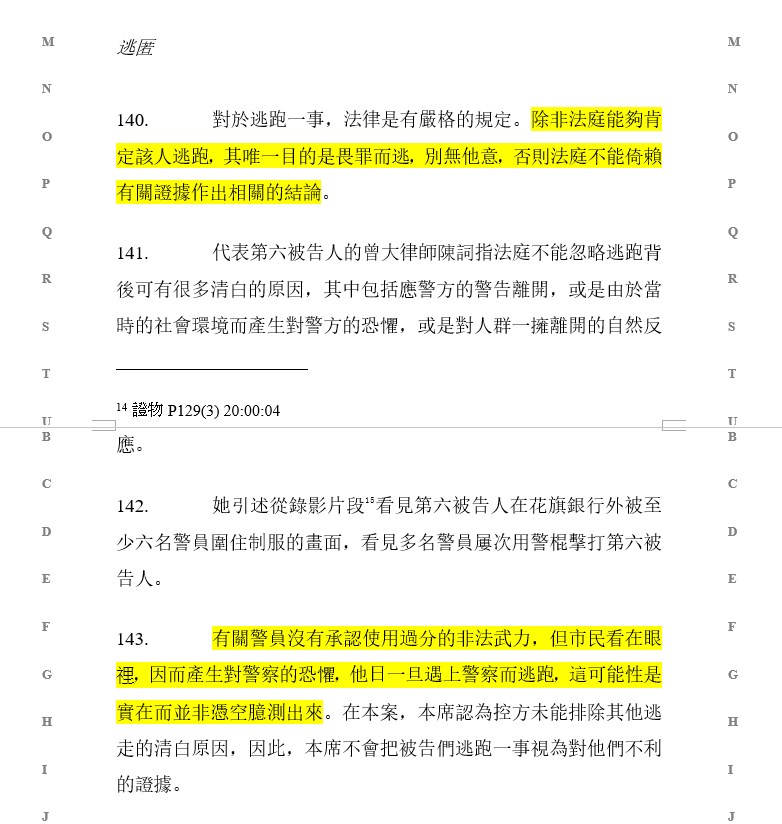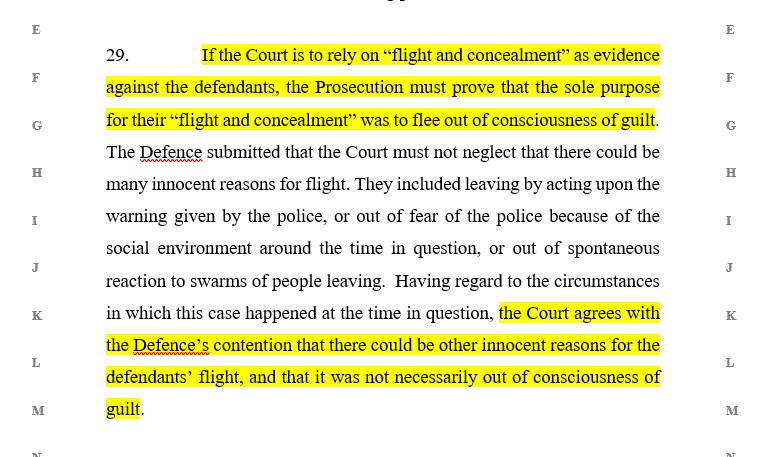Lawmakers' Constitutional Protections? Beijing Doesn't Care!
Written by Holmes ChanOriginal: https://twitter.com/holmeschan_/status/1326432447387463680
There is a sense of futility talking about law in Hong Kong today. Many would argue that the city's legal system is at the mercy of the NPCSC.
Nevertheless, let's have a look at HK's legal mechanism for disqualifying lawmakers.
We start with Basic Law Art. 79, which lists all the situations where the LegCo president can disqualify lawmakers.
On paper, it is not easy to dislodge a sitting lawmaker elected by popular vote - and for good reason.
Article 79
The President of the Legislative Council of the Hong Kong Special Administrative Region shall declare that a member of the Council is no longer qualified for the office under any of the following circumstances:
( 1 ) When he or she loses the ability to discharge his or her duties as a result of serious illness or other reasons;
( 2 ) When he or she, with no valid reason, is absent from meetings for three consecutive months without the consent of the President of the Legislative Council;
( 3 ) When he or she loses or renounces his or her status as a permanent resident of the Region;
( 4 ) When he or she accepts a government appointment and becomes a public servant;
( 5 ) When he or she is bankrupt or fails to comply with a court order to repay debts;
( 6 ) When he or she is convicted and sentenced to imprisonment for one month or more for a criminal offence committed within or outside the Region and is relieved of his or her duties by a motion passed by two-thirds of the members of the Legislative Council present; and
( 7 ) When he or she is censured for misbehaviour or breach of oath by a vote of two-thirds of the members of the Legislative Council present.
You might ask: What about Baggio Leung & Yau Wai-ching getting DQ-ed? BL Art. 79 didn't say anything about oaths.
In 2016 the court ruled that, because they didn't take their oaths properly, they never BECAME lawmakers in the first place.
Which brings us to today. The 4 DQ-ed democrats are sitting lawmakers whose terms were extended by the NPCSC in August, due to the election delay.
Even if we accept the fact that they were barred from re-election, that should only affect the NEXT LegCo term.
Carrie Lam tried to blur the distinction today, saying that people found unqualified to run for LegCo election are "naturally unqualified" at being a LegCo member.
But the law disagrees. Election candidates are DQ-ed one way, and LegCo members are DQ-ed in another.
TL;DR - When elected, a Hong Kong lawmaker enjoys constitutional protections which prevent them from being ousted on a whim.
Today we are reminded once again: Beijing doesn't care.



